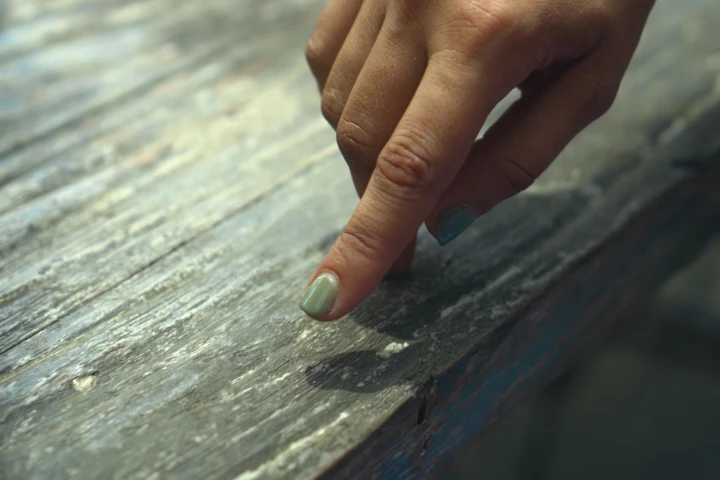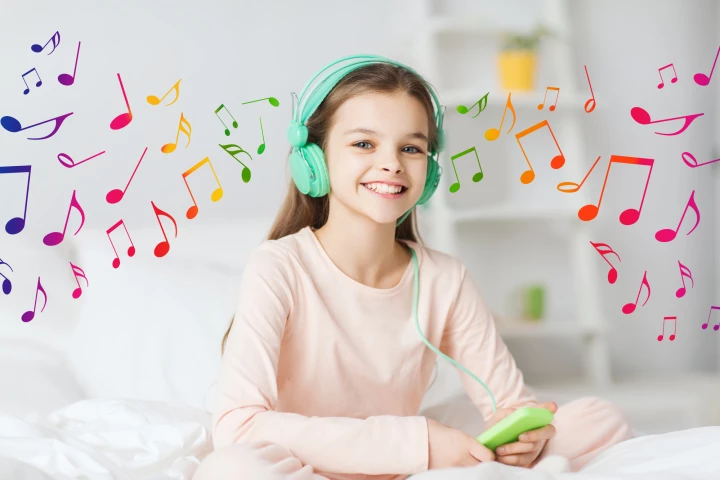Language
-
Researchers have developed DolphinGemma, the first LLM for understanding dolphin language. It could help us translate what these incredible creatures are saying, potentially much faster than we ever could with manual approaches used over decades.
-
Scientists have uncovered an odd superpower triggered by tapping your finger to a beat – it may help you understand someone talking to you in a noisy place, like at a busy cafe. While it sounds a little woo-woo, there's emerging science behind it.
-
Speaking a language with different words for different color shades means the brain perceives those shades quicker than using a language with only one word for that color, highlighting the interaction between language and perception according to a new study.
-
A fascinating new insight into elephant communication has been uncovered, revealing that males will harmonize rumbles, from one to the next, to signal that it's time for everyone to move on. Researchers liken it to a barbershop quartet.
-
The eggplant emoji may be more famous in the digital world than in real life, but it's not the case for most organisms. Biologists have made the case for 'animal underdogs' to have better emoji presence to aid real-life conservation and biodiversity.
-
Sure, they're from a long time ago in a galaxy far, far away, but words and phrases from Star Wars have taken on a life of their own in modern English. For the first time, a study reveals how deep-rooted offerings like "to the dark side" truly are.
-
Developmental language disorder is a permanent condition that shows up in childhood, causing difficulties with speaking and comprehension. A new study has found that children with the disorder may benefit from listening to regular musical rhythms.
-
Love it or hate it, but the way humans modify their speech when they communicate with their young offspring, commonly known as "baby talk," has now been recorded among bottlenose dolphin mothers. It's the first time it's been heard, too.
-
For deaf and hearing impaired people, voice recognition technology can be a barrier to effective communication. Now, researchers have used AI to develop a tool that converts sign language to text, potentially increasing inclusivity and accessibility.
-
A new proof of concept study, led by researchers at University of California San Diego School of Medicine, has demonstrated how speech-analyzing artificial intelligence tools can effectively predict the level of loneliness in older adults.
-
For people used to relying on facial expressions to effectively communicate, in the wake of the COVID-19 pandemic how are masks changing the way we interact? And what can we do to compensate for losing that all-important smile?
-
The Pocketalk translator is a super-portable Babel fish of a device that allows you to speak to people in up to 74 different languages at the touch of a button. But how does it stand up against the Langogo device we tested recently?
Load More











